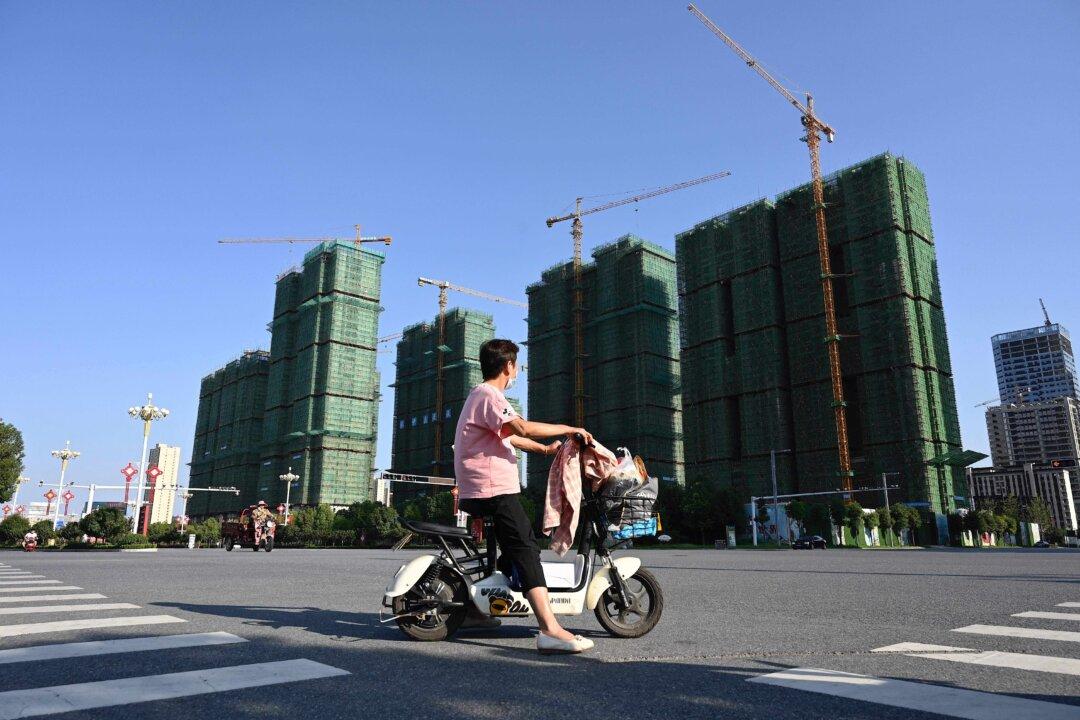According to a September poll by the Bank of America, China’s ongoing real estate crisis is threatening the country’s economy, leaving many global fund managers wary.
The poll surveyed 222 global fund managers with $616 billion in assets under management and found investors are bracing for a further decline in China’s stock market.





